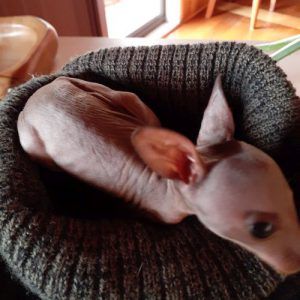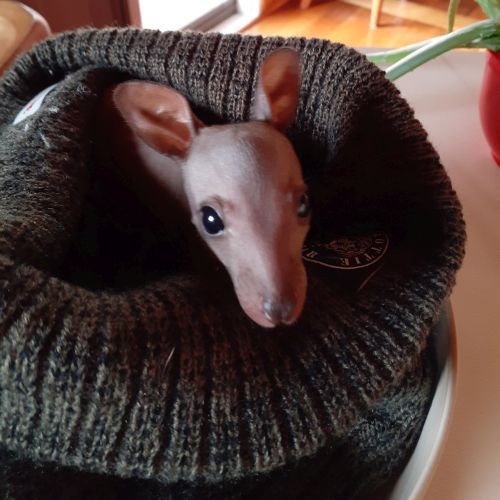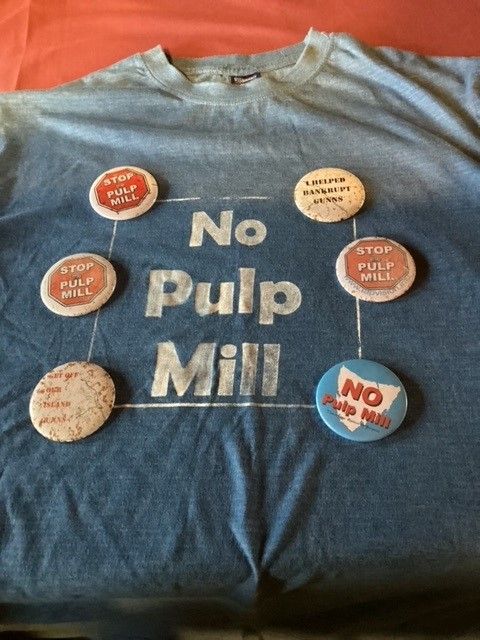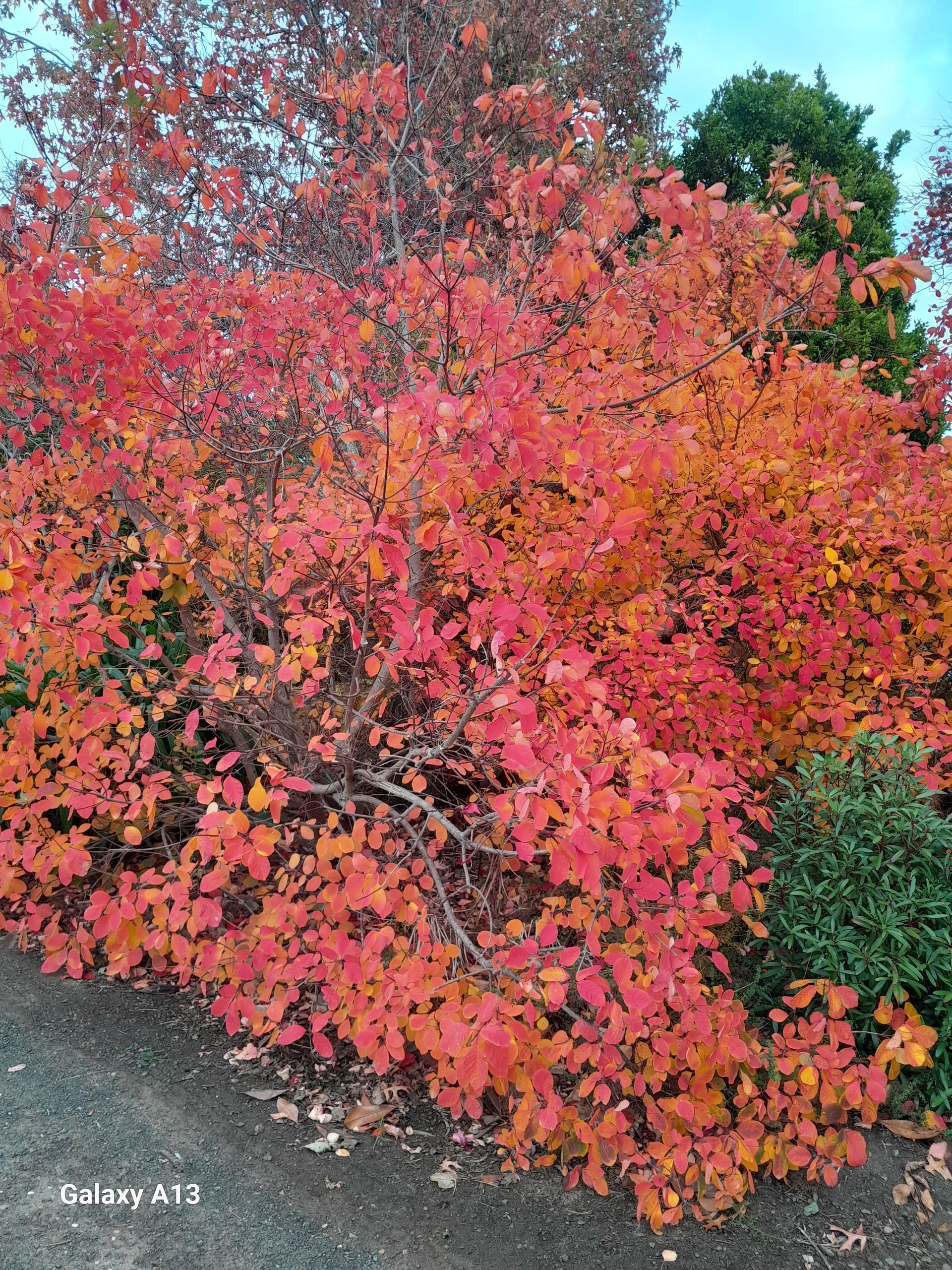Plans for yesterday morning required a reset after I discovered a very alive and kicking pademelon joey in the pouch of a roadkilled mum shortly after setting off on my morning walk with Della dog. Mum was still warm so clearly hadn’t long been hit, and although joey was still very pink and unfurred, she was strong and extremely reluctant to leave the safety of her mother’s warm pouch.
A swift turn around, (luckily on this occasion I was in the car and driving to one of our regular weekend walks), and back home to contact the state’s wildlife rescue service, now coordinated by Bonorong Wildlife Sanctuary in the south. I was unsure if the carer to whom I’ve previously taken orphaned joeys over the years was still operating. Amazingly, after what has to be 40-odd years, I learned that she is. I interviewed her at least eight years ago and she’d been caring for wildlife then for about 30 years.
Like all wildlife carers Lorraine was a volunteer and the time and commitment required to help minimise and ameliorate the ghastly toll on our wildlife from interactions with vehicles is just amazing. Joeys as young as the one I rescued need four-hourly feeds – so similar to human babies in their demand for food. And due to their intolerance to cow’s milk a special marsupial formula has to be given, which only registered carers are allowed to access. It’s a product that doesn’t come cheap and it’s likely some carers sometimes pay for supplies with their own money, especially at peak breeding season when the number of animals needing care escalates.
Back home joey soon snuggled into my beanie, topped with a scarf to make it as cosy as possible, while I recorded the details with the WRS. This included identifying the species, weighing the joey, and taking a photo (not easy!) while waiting for Thomas, the designated wildlife-collector-of-injured-animals that day, to come and deliver her to a carer in my area able to cope with one more animal in need.

Spring is a particularly busy time for injured wildlife, a sad indictment on the number of dead animals and orphaned joeys that are a result of speeding vehicles, or careless driving.
This blog post is therefore also a reminder and a request to everyone reading it to PLEASE slow down on our roads, especially between dusk and dawn. It truly is beyond distressing to find injured and deceased animals that would still be alive and hopping if everyone just took a little more care, left home a few minutes earlier, and reduced their speed, especially on those regional and rural roads that are also shared by our precious and iconic wildlife.



